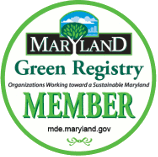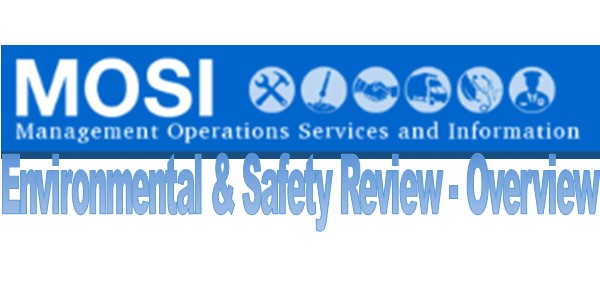Spills
Releases of petroleum products, antifreeze, or any other harmful substance on our roadways, parking lots, pavement, grass, or directly into our waters are detrimental to our water quality. We take great care to ensure that only stormwater goes down our storm drains into our waterways. However, accidents do happen. All spills, including oil leaks from vehicles traveling on Center (personal and government vehicles) must be reported immediately so that appropriate regulatory reporting and clean up can be accomplished.
Spill Definition
A reportable release (or spill) is any unpermitted release to the environment (e.g., on the floor, to the air, on the ground, down a drain). You do not have to report a release or spill if ALL of the following are TRUE:
- The material is not an oil or petroleum product;
- Personnel are trained and knowledgeable about hazards;
- Personal Protective Equipment (PPE) normally used in the work area will protect individuals;
- There is no greater risk to building(s) or people than during normal use;
- Spilled materials did not go down the drain; and
- There is no effect or impact to persons outside the immediate work area.
How to Report a Spill
In the event of a spill:
- Protect yourself and those in the vicinity from the release.
- Call the Security Operations Center (SOC) by dialing 911 from on campus (301-286-9111 from off campus or when using a cell phone) or radio the Facility Operations Center (FOC) from a Goddard-issued radio, if you have one.
When reporting a spill, include the following information:
- Name, code, and phone number of reporting party
- Type of emergency (oil leak, fire, chemical spill, etc.)
- Location of emergency
- Any injury to personnel
- Cause of emergency (if known)
- Type and name of chemical (if known)
- Estimated quantity and flow rate (if known)
- If it poses a risk to people/environment
- If it is contained or controlled
- If the spill has entered any surface water, storm drains, floor drains, etc.
Program Contacts
Lori Levine 301-286-6741 (Oil Operations/Tank Program)





